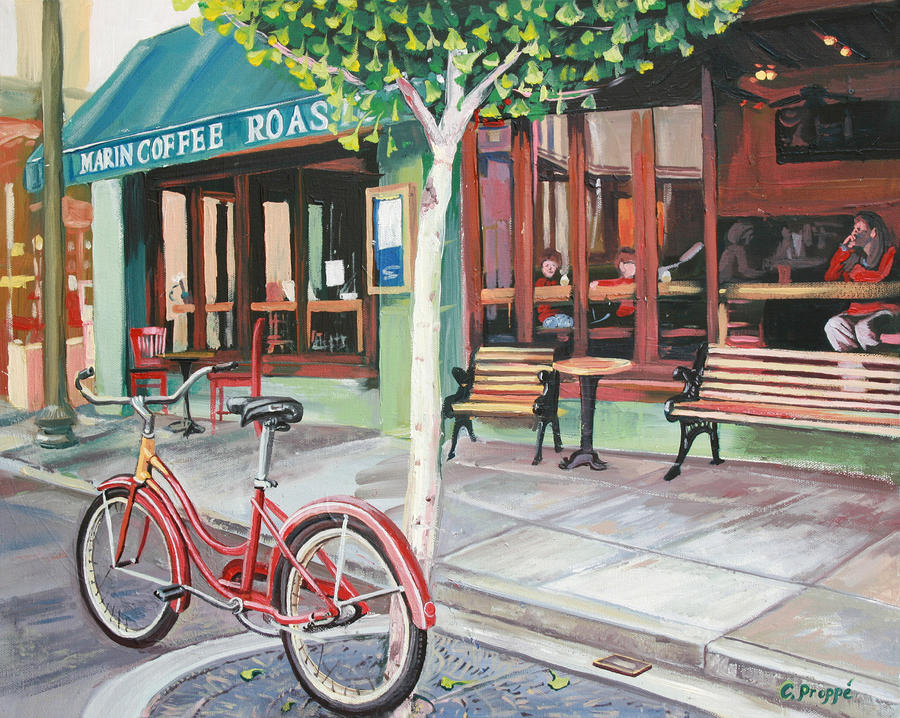 |
| The real Bernie Mac |
Stepping off my connecting flight from Kansas City to Charlotte, NC en route to Cleveland, I entered the men's bathroom to perform my necessaries. As I made my way through the door, I almost froze with shock as I thought I was looking at Bernie Mac (God rest his soul) or a very close relative of his. From crazy hair to comical smile, I was certain that he could've made a career being a Mac-alike. It hadn't occurred to me why he was there in his airport uniform, but I made my way to the urinal to fulfill my purpose.
Then, the man who looked like Bernie Mac began to talk to the patrons of the men's restroom. "How are you all doing today? Early? Man, you've gotta wake up with a smile! Since 4 am? Well, I was up by then too! I just want to see everyone smile. How're you doing, sir? I'm good, I'm good, I don't complain. Because nobody listens. How're you doing, sir? Oh, can I help you with that? Don't want you to have any trouble carrying anything and hurting yourself! Alright, alright..." Without trying to be too gratuitous with my details, this sort of upfront chatter was making my bladder very shy, standing before the urinal.
Was the airport paying this guy? It all seemed very invasive and awkward, since the unspoken rule in men's bathroom is that everything should be left unspoken. I was reminded of my similar apprehension when I was pulled aside twice to have my bags checked before getting on to my previous flight. I had been immediately uncomfortable at the thought of being poked and prodded like you hear on all the news stories. Gee, couldn't Bernie Mac just stop talking and let a guy tinkle in peace? I half-expected him with his overly-enthusiastic attitude to give ever man trying to take a whiz in the row of urinals a hearty "good game" butt slap to encourage excellent urination.
.JPG) |
| This man's identity has been cleverly concealed by the photographer's crappy iPhone camera |
Speaking of the news, I never watch it, but the airport TVs were full of them, all playing one news program or another. The interesting thing was that they were all national network news programs: not local new. National news has absorbed the consciousness of many people. From the presidential elections to the latest disaster, everyone wants to know what's going on around the country. What is Congress fouling up now? How's the stock market doing? What's the latest news with big business? While waiting for my second plane, a man standing in the middle of the gate's sitting area spoke loudly about his company's business strategy and expansion plans, as if to make a big scene of his importance. It was quite comical, and I even snuck a picture, but he seriously was wholly absorbed with global business.
This, I think can be applied to the Hollywood scene as well. Programs like TMZ have made all kinds of money off of gossip and scoop stories on the lives of the "rich and famous". Some people follow their lives more closely than they follow those of their children. America is obsessed with the celebrity scene and any latest juicy, chewy piece of fat to fall from the tables of the mass media is enough into a frantic feeding frenzy and bring us back, begging for more.
I think this even ties into something I was recently having a discussion about regarding "philanthropic" endeavors, especially those worldwide. Wiki-pedia defines "philanthropy" using the notion of enhancing "what it is to be human". Does anyone doing "philanthropy" know what it means "to be human"? And why do these efforts always seem to happen in Africa or some disaster stricken area? What's wrong with right here, in my neighborhood?
These three things all have a common source: an inordinate global concern and a dangerous unwillingness to take personal responsibility for ourselves and our own community. Those who contribute to the alleviate "world hunger" often fail to alleviate the very real pains and struggle of their friends, family, and the needy of their own community. Philanthropy is opposed to true charity, as it seeks to draw attention towards "real world" needs... and the efforts of those who make them. More often then not, my experience has been that philanthropy is a feather in people's caps, and not a nail in their hands and feet like charity is. Anyone can give money to feed the kids in Africa and feel like they did their good deed, but can you give a hug to your mother or father, or a helping hand on your brother's homework, or an hour or two helping your grandparents rake the leaves in their backyard?
We consume the celebrity gossip because the moral missteps of the accomplished and powerful make us feel better about our ethically bankrupt lives. In this same vein, it allows us to neglect our own areas of deficiency, so as not to expose what the level of self-knowledge we lack. We absorb this information because it counts as entertainment to hear about the scandals, the divorces, the political opinions, and the drama; but really, seeing this a source of entertainment helps to placate our own nagging consciences about the miserable and messed-up lives we're leading. In many cases, our lives are not any better than those of Hollywood. We just count ourselves lucky that they're under that kind of scrutiny for our entertainment and comforting, and we're not.
People focus on national or global political "issues" because they can remain anonymous about them. We can scream at our televisions at home, and not need to bring our concerns in front of an actual group of people. Mass media and social networks have allowed the citizen to be anonymous in his opinions, never needing to have the courage to risk his identity to stand up for his beliefs. I do believe that our nation is in a very dangerous time with the liberties that have been taken at the national level, but let it not be an excuse to neglect valuing our own local government and business success.
So, do I place my own life into consideration and determine what things I need to change? Do I treat those immediately around me with love and kindness, because "charity begins at home"? In what ways do I look to be a force for the common good of those within my neighborhood or community by setting a personal example for others?
I know I'm asking these questions, but to be honest, I hadn't really thought of an answer because Bernie Mac was still talking and I still couldn't pee yet.















.jpg)




